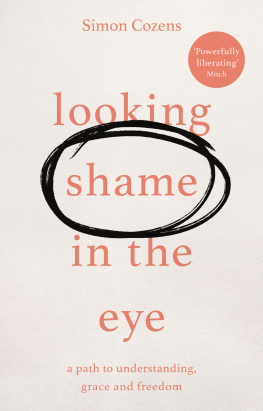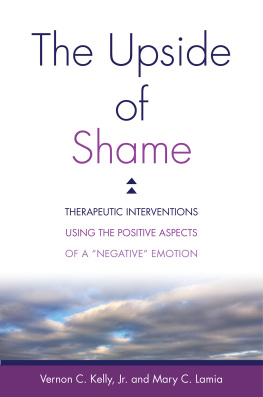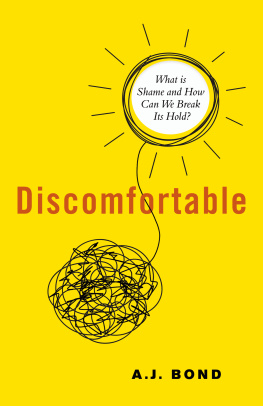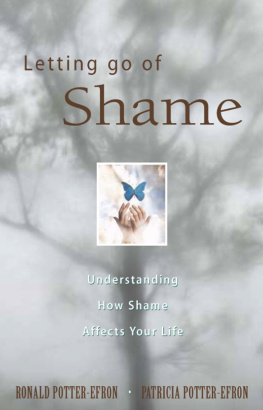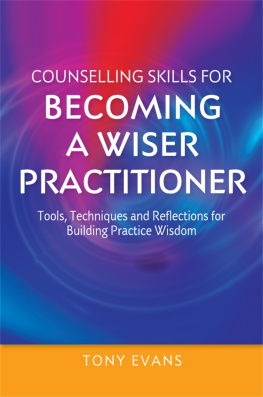ACCENTS ON SHAKESPEARE
General Editor: TERENCE HAWKES
Shame in Shakespeare
One of the most intense and painful of our human passions, shame is typically seen in contemporary culture as a disability or a disease to be cured. Shakespeares ultimately positive portrayal of the emotion challenges this view. Drawing on philosophers and theorists of shame, Shame in Shakespeare analyses the shame and humiliation suffered by the tragic hero, providing not only a new approach to Shakespeare but a committed and provocative argument for reclaiming shame. The volume provides:
- an account of previous traditions of shame and of the Renaissance context
- a thematic map of the rich manifestations of both masculine and feminine shame in Shakespeare
- detailed readings of Hamlet, Othello, and King Lear
- an analysis of the limitations of Roman shame in Antony and Cleopatra and Coriolanus
- a polemical discussion of the fortunes of shame in modern literature after Shakespeare.
The book presents a Shakespearean vision of shame as the way to the world outside the self. It establishes the continued vitality and relevance of Shake-speare and offers a fresh and exciting way of seeing his tragedies.
Ewan Fernie is Lecturer in English at the Queens University of Belfast. He is the author of several articles on Renaissance literature and culture.
ACCENTS ON SHAKESPEARE
General Editor: TERENCE HAWKES
I t is more than twenty years since the New Accents series helped to establish theory as a fundamental and continuing feature of the study of literature at the undergraduate level. Since then, the need for short, powerful cutting edge accounts of and comments on new developments has increased sharply. In the case of Shakespeare, books with this sort of focus have not been readily available. Accents on Shakespeare aims to supply them.
Accents on Shakespeare volumes will either apply theory, or broaden and adapt it in order to connect with concrete teaching concerns. In the process, they will also reflect and engage with the major developments in Shakespeare studies of the last ten years.
The series will lead as well as follow. In pursuit of this goal it will be a twotiered series. In addition to affordable, adoptable titles aimed at modular undergraduate courses, it will include a number of research-based books. Spirited and committed, these second-tier volumes advocate radical change rather than stolidly reinforcing the status quo.
IN THE SAME SERIES
Shame in Shakespeare
Ewan Fernie
Shakespeare and Appropriation
Edited by Christy Desmet and Robert Sawyer
Shakespeare Without Women
Dympna Callaghan
Philosophical Shakespeares
Edited by John J. Joughin
Shakespeare and Modernity: Early Modern to Millennium
Edited by Hugh Grady
Marxist Shakespeares
Edited by Jean E. Howard and Scott Cutler Shershow
Shakespeare in Psychoanalysis
Philip Armstrong
Shakespeare and Modern Theatre: The Performance of Modernity
Edited by Michael Bristol and Kathleen McLuskie
Shakespeare and Feminist Performance: Ideology on Stage
Sarah Werner
Shame in Shakespeare
EWAN FERNIE
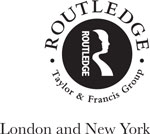
First published 2002
by Routledge
11 New Fetter Lane,
London EC4P 4EE
Simultaneously published in
the USA and Canada
by Routledge
29 West 35th Street,
New York, NY 10001
Routledge is an imprint of the Taylor & Francis Group
This edition published in the Taylor & Francis e-Library, 2005.
To purchase your own copy of this or any of Taylor & Francis or Routledges collection of thousands of eBooks please go to www.eBookstore.tandf.co.uk.
2002 Ewan Fernie
All rights reserved. No part of this book may be reprinted or reproduced or utilized in any form or by any electronic, mechanical, or other means, now known or hereafter invented, including photocopying and recording, or in any information storage or retrieval system, without permission in writing from the publishers.
British Library Cataloguing in Publication Data
A catalogue record for this book is available from the British Library
Library of Congress Cataloging in Publication Data
Fernie, Ewan, 1971
Shame in Shakespeare / Ewan Fernie.
p. cm. (Accents on Shakespeare) Includes bibliographical references and index.
1. Shakespeare, William, 15641616Tragedies. 2. Shakespeare, William, 15641616Views on shame. 3. Shame in literature. 4. Tragedy. I. Title. II. Series.
PR2983 .F47 2002
822.33dc21 2001041854
ISBN 0-203-99674-7 Master e-book ISBN
ISBN 0415258278 (hbk)
ISBN 0415258286 (pbk)
For Colin Manlove,
Jeremy Newton
and Deanna Fernie
Shame need not crouch
In such an earth as ours;
Shame, stand erect,
The universe is yours!
Emily Dickinson
Many of Shakespeares characters, it is true, are constrained to take stock of things of which they are bitterly ashamed.
L.C. Knights
Contents
General Editors Preface
In our century, the field of literary studies has rarely been a settled, tranquil place. Indeed, for over two decades, the clash of opposed theories, prejudices and points of view has made it more of a battlefield. Echoing across its most beleaguered terrain, the students weary complaint Why cant I just pick up Shakespeares plays and read them? seems to demand a sympathetic response.
Nevertheless, we know that modern spectacles will always impose their own particular characteristics on the vision of those who unthinkingly don them. This must mean, at the very least, that an apparently simple confrontation with, or pious contemplation of, the text of a 400-year-old play can scarcely supply the grounding for an adequate response to its complex demands. For this reason, a transfer of emphasis from text towards context has increasingly been the concern of critics and scholars since World War II: a tendency that has perhaps reached its climax in more recent movements such as new historicism or cultural materialism.
A consideration of the conditions social, political or economic within which the play came to exist, from which it derives and to which it speaks, will certainly make legitimate demands on the attention of any well-prepared student nowadays. Of course, the serious pursuit of those interests will also inevitably start to undermine ancient and inherited prejudices, such as the supposed distinction between foreground and background in literary studies. And even the slightest awareness of the pressures of gender and of race, or the most cursory glance at the role played by that strange creature Shakespeare in our cultural politics, will reinforce a similar turn towards questions that sometimes appear scandalously non-literary. It seems clear that very different and unsettling notions of the ways in which literature might be addressed can hardly be avoided. The worrying truth is that nobody can just pick up Shakespeares plays and read them. Perhaps even more worrying they never could.
The aim of Accents on Shakespeare is to encourage students and teachers to explore the implications of this situation by means of an engagement with the major developments in Shakespeare studies over recent years. It will offer a continuing and challenging reflection on those ideas through a series of multi- and single-author books which will also supply the basis for adapting or augmenting them in the light of changing concerns.
Next page



